Last Updated on August 8, 2023
In 1989, Star Trek V: The Final Frontier disappointed the box office. Reeling from bad reviews, the film only grossed $49 million domestically from a $33 million budget. That’s a worrying figure for a franchise considering that the previous movie, Star Trek IV: The Voyage Home, had made a huge $133 million. It likely eventually eked out a profit, but it did badly enough that the studio was looking to reboot the series without any of the original stars by making a Starlet Academy movie. Harve Bennett, the producer of all the films since Star Trek II, thought this would be the way to continue the crew’s big-screen adventures, but Paramount thought differently. With Star Trek: The Next Generation picking up momentum on TV, it became clear that Captain Picard and company would eventually move to the big screen, but, given that the franchise’s 25th anniversary was right around the corner, the time had come to give the original crew the major big-screen send-off that they deserved – Star Trek VI: The Undiscovered Country.
To many, this movie ranks as one of the best entries in the series. Part of this may be because, after the Star Trek V debacle, the decision was made to allow Leonard Nimoy and franchise vet Nicholas Meyer the chance to spearhead the movie’s development creatively. In the years since Star Trek IV – The Voyage Home, Nimoy had become a hot director, with Three Men and a Baby the biggest hit of 1987. However, since then, he’d had a few flops, including the Diane Keaton-Liam Neeson drama The Good Mother and the Gene Wilder comedy Funny About Love. Meyer also had a few flops, such as the Pierce Brosnan adventure movie, The Deceivers and the Gene Hackman thriller Company Business.
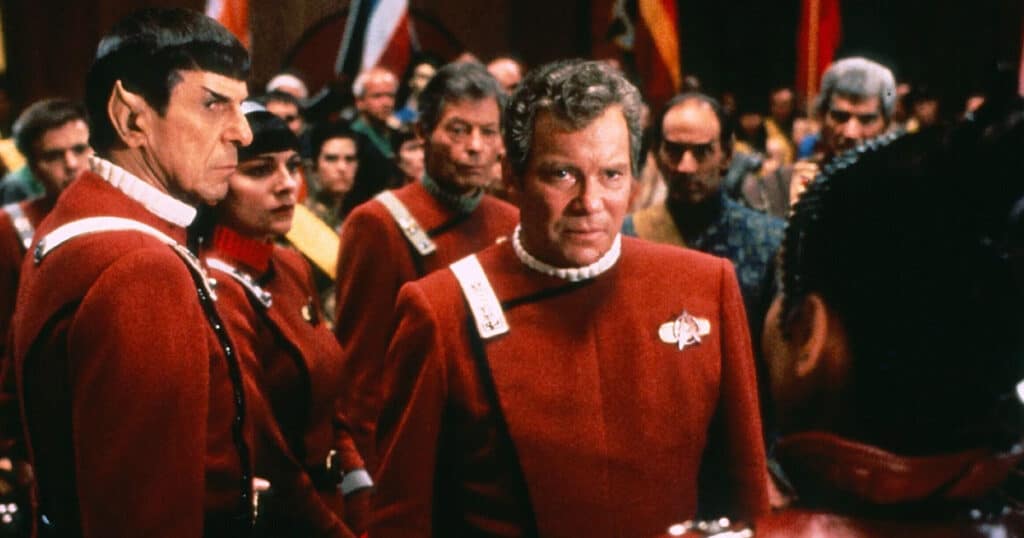
Nimoy, who had just wrapped Funny About Love, wouldn’t direct this one, allowing Meyer to return as director for the first time since Star Trek II. Yet, things would be different this time, with Nimoy having a lot more clout, having directed the most popular Star Trek movie of all time, The Voyage Home. Harve Bennett was out, with the rumour being that the cast wasn’t happy with his idea of making a Starfleet Academy movie, which was described by some as Top Gun in space, and would have only featured cameos for Shatner and Nimoy, with everyone else getting the shaft. Nimoy would be his replacement.
One thing Nimoy always did well was that he knew, at its best, Star Trek functioned as an allegory. For the fourth film, he addressed the plight of the humpback whales directly, and the decision was made to broach the topic of Glasnost with this film. At the time, the Cold War had finally ended, with the Berlin Wall had come down and relations thawing between Russia and the U.S. Star Trek VI, as written by Nicholas Meyer and his protege Denny Martin Flinn, would address the easing of tensions directly. The Klingons had always been Gene Roddenberry’s stand-ins for the Russians, and the movie stars with a thinly veiled version of Chernobyl, with the Klingon Moon Praxis being destroyed, poisoning the Klingon homeworld. The former enemy of Starfleet now has to pursue peace, with Spock acting as an intermediary between Starfleet and the Klingon empire. He’s opposed by Captain Kirk, who harbours deep-seated prejudice against the empire after the events of Star Trek III, where a rogue Klingon commander murdered his son David Marcus. As he tells Spock in one of the movie’s most heated moments, “Let them die.”
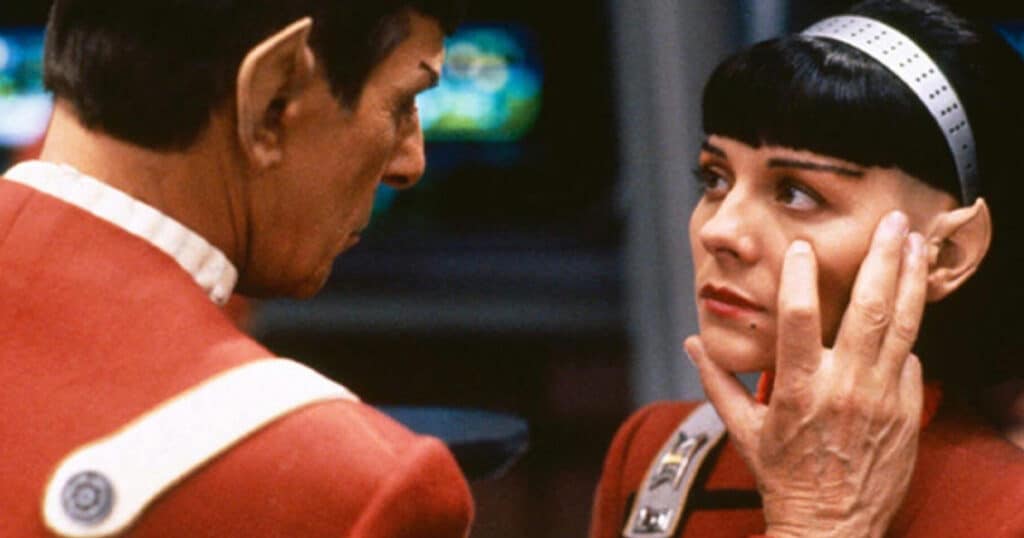
Nevertheless, duty wins out over prejudice, with Spock volunteering the Enterprise to escort the Klingon Chancellor Gorkon, the movie’s answer to Mikhail Gorbachev, to peace negotiations on Earth. Gorkon is murdered under Kirk’s watch by two of his own crewman, and he and McCoy, whose attempts to save Gorkon were misinterpreted by the Klingons, end up imprisoned on an ice planet. Meanwhile, Spock and the rest of the crew try to solve the assassination conspiracy and clear Kirk’s name.
I’d wager that of all the Star Trek movies, none has a better script than Star Trek VI: The Undiscovered Country. It serves both as an allegory and as an action-packed adventure, and the whole crew is served well in this adventure. Shatner, who may have been smarting from the reaction to Star Trek V, delivers one of his best performances as Kirk. His prejudice and failings as both a father and a Starfleet officer are given a lot of focus here, but rather than make you dislike Kirk, it makes him more human and relatable than he’s ever been. It’s one of the most interesting takes on Kirk and Spock’s relationship as it depicts the fact that despite being like brothers, they are very different men, with Spock, the diplomat who sees the big picture. At the same time, Kirk is blinded by his emotion. Yet, the movie also allows Spock to be vulnerable, with him having a protege, Valeris, played by Kim Cattrall. Initially, this was supposed to be Savvik, but given that she turns out to be a traitor, all involved thought this might be too jarring. Spock’s relationship with Valeris proves how he too isn’t above being blinded by his own feelings, and there’s a great – and controversial – scene where Spock performs a mind-meld on Valeris against her will, which is the most morally compromised we’ve ever seen him.
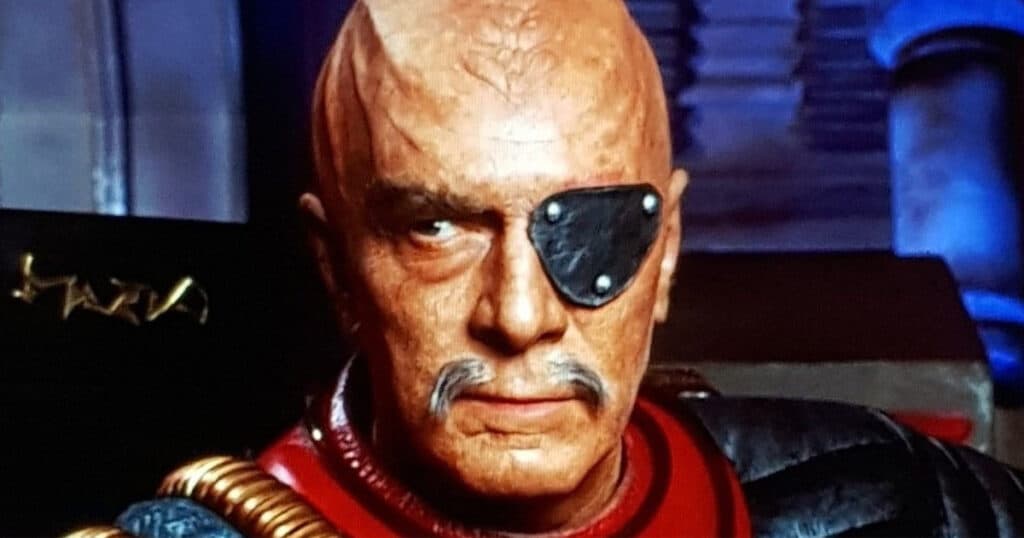
Meanwhile, DeForest Kelly, in his final go-round as Dr. McCoy, gets a lot of screen time, with him and Kirk stuck on the frozen planet Rura Penthe, where they meet Iman’s Martia, a shape-shifting alien who betrays them. Everyone gets a little something here, especially with Sulu being upgraded to the captain of the Excelsior. The supporting cast is one of the best assembled for a trek film, with David Warner returning from Star Trek V as a different character, Chancellor Gorkon. Star Trek:The Next Generation gets a shout-out with Michael Dorn playing an ancestor of Worf’s as the Klingon attorney who defends Kirk and McCoy. Brock Peters, as Admiral Cartwright, returns from IV and, in a shocking move, turns out to be the mastermind behind the assassination conspiracy. Best of all is Christopher Plummer as the movie’s one-eyed villain, General Chang, who has an eye patch bolted into his eye. Hearing him deliver lines like, “You have never experienced Shakespeare until you have read him in the original Klingon” is delicious. There’s also a fantastic cameo from Christian Slater, which I vividly remember got a huge reaction in theaters when I saw it as a 9 year old back in 1991
It’s all expertly directed by Meyer, who, despite working with a budget lower than the one they had for Star Trek V, peppers in some fantastic set pieces, such as the show-stopping zero gravity assassination of Gorkon, which George Clooney admitted to referencing in his Netflix movie, The Midnight Sky. While ILM’s absence had been sorely reflected in the terrible FX work in Star Trek V, the company returned for this one and did top-shelf work despite a small budget. In some ways, the lack of money paid off. In his memoirs, Meyer admits that he wanted James Horner to return and score Star Trek VI. The budget didn’t allow it, and after entertaining the notion of scoring the movie with Gustav Holst’s orchestral suite The Planets, Meyer stumbled upon a demo tape from a young composer named Cliff Eidelman, who wound up delivering one of the best scores in the series, which is saying a lot considering that, at least as far as the original cast movies go, the scores have always been good.
Released at Christmas of 1991, Star Trek VI: The Undiscovered Country did much better at the box office than the fifth film, grossing $74 million domestically and almost breaking $100 million worldwide, earning the studio a nice profit. It would turn out to be the swan song for the original crew, with only Shatner, and in much smaller roles, James Doohan and Walter Koenig returning for Star Trek: Generations. That movie would launch the Next Generation cast on the big screen, but this is a story for another day!



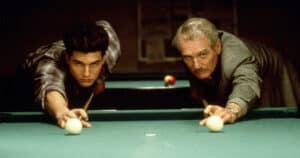
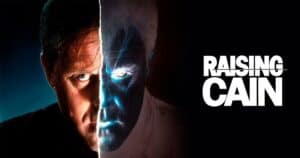
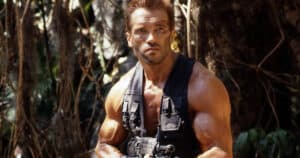
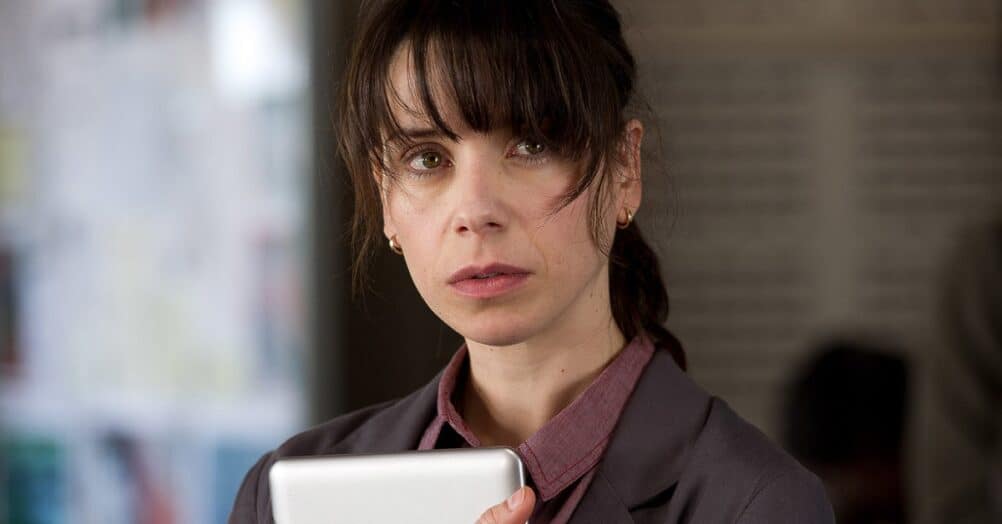
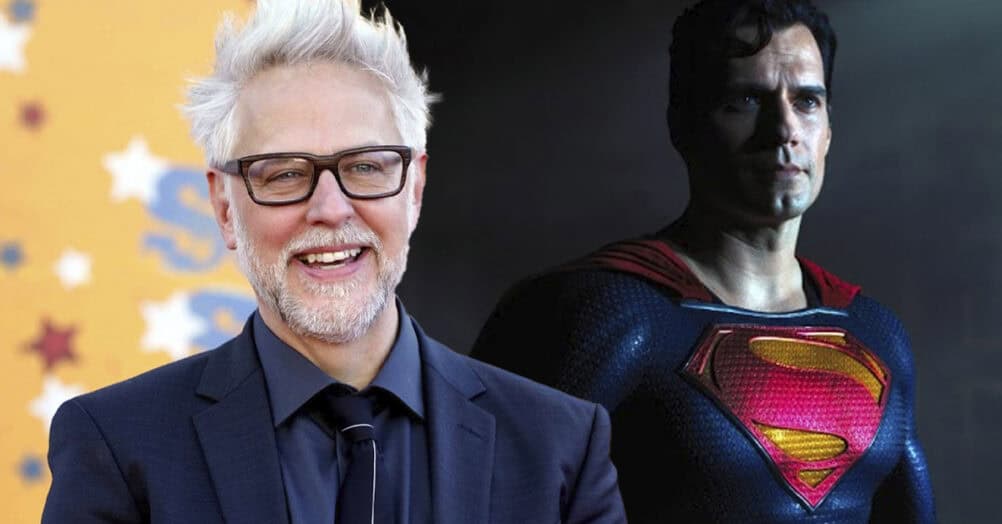
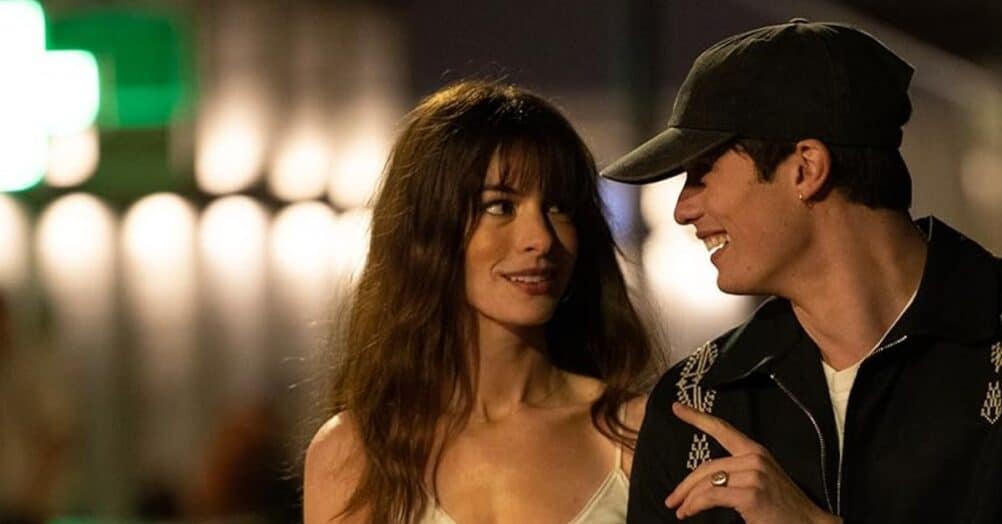
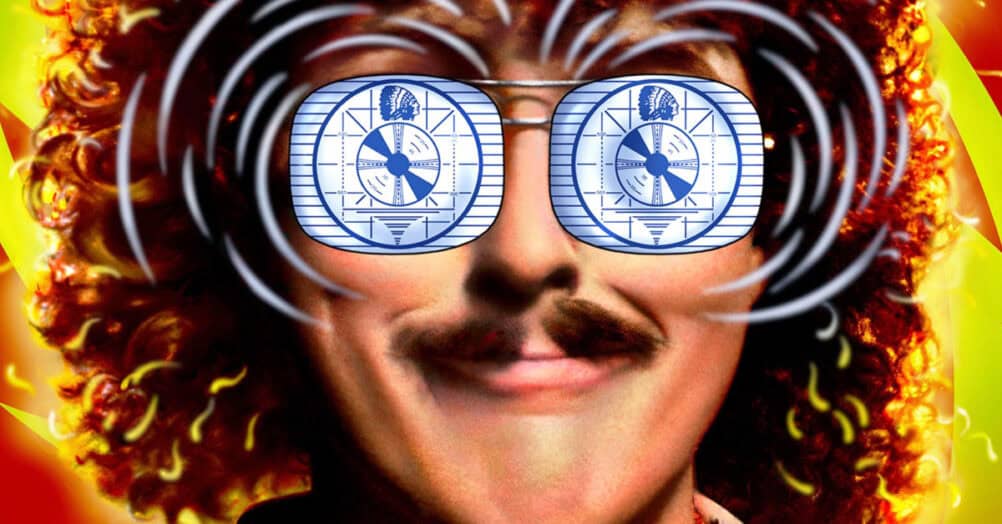
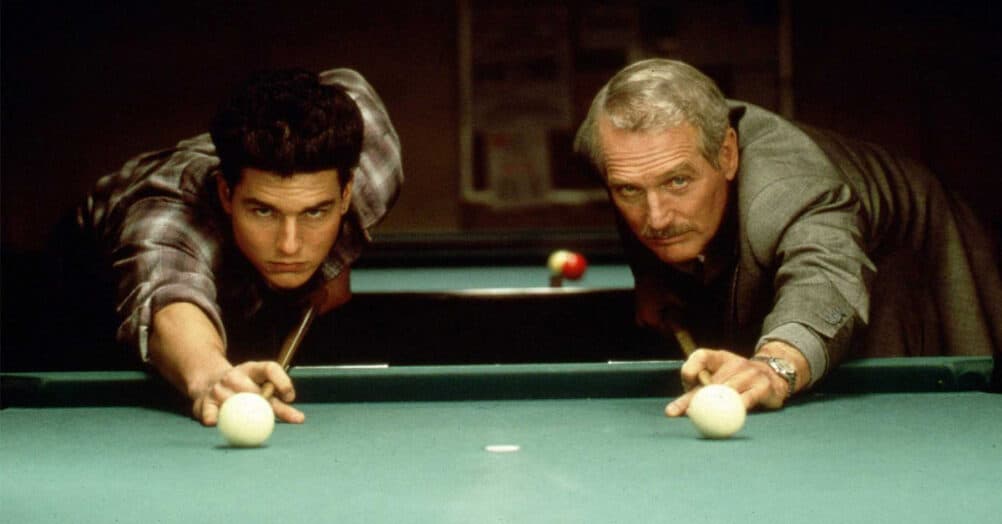
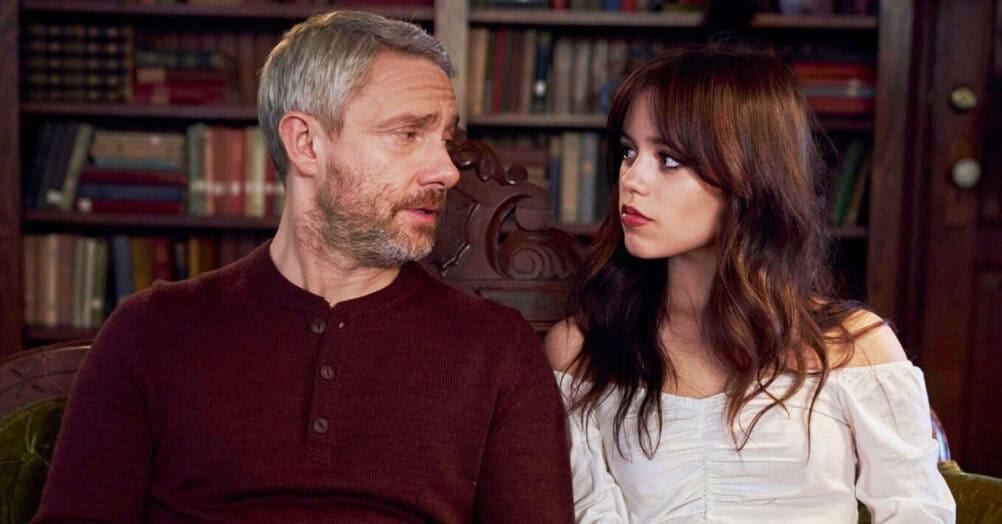
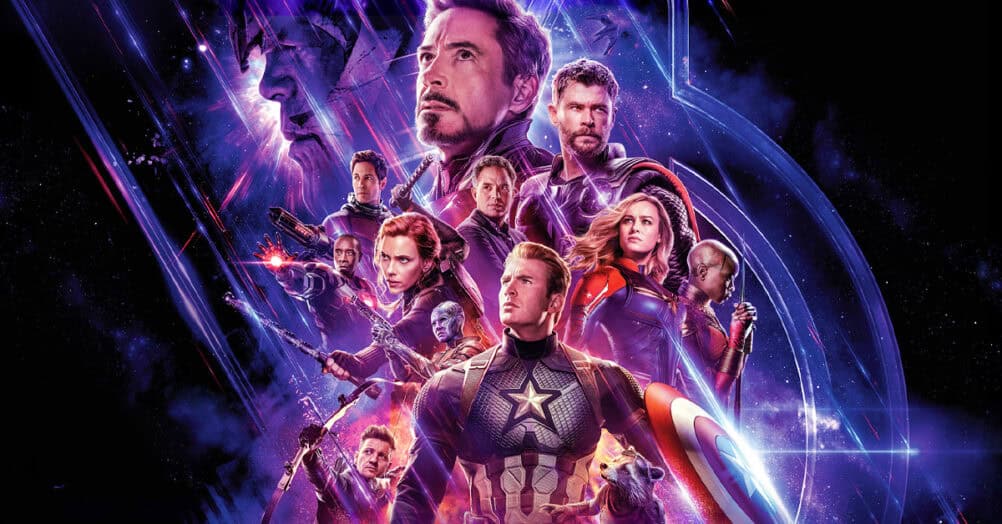
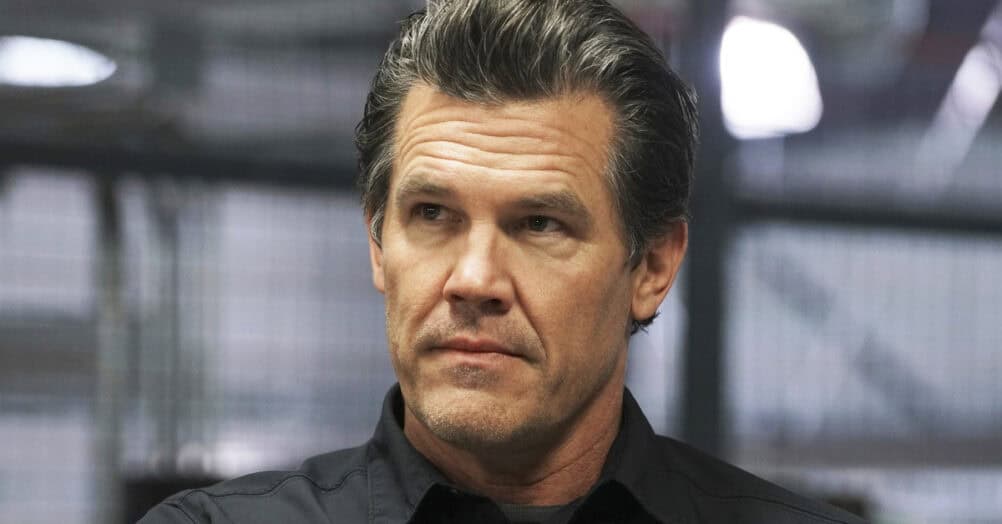
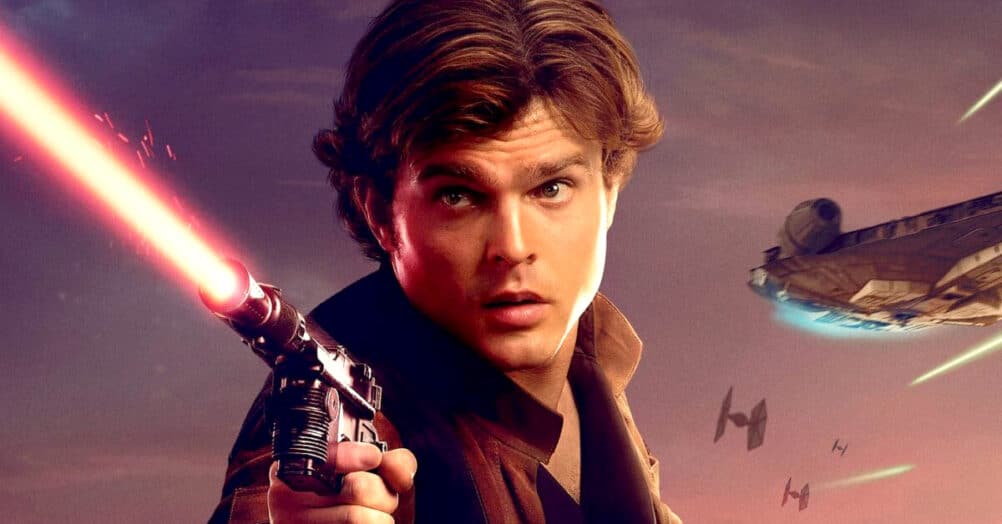
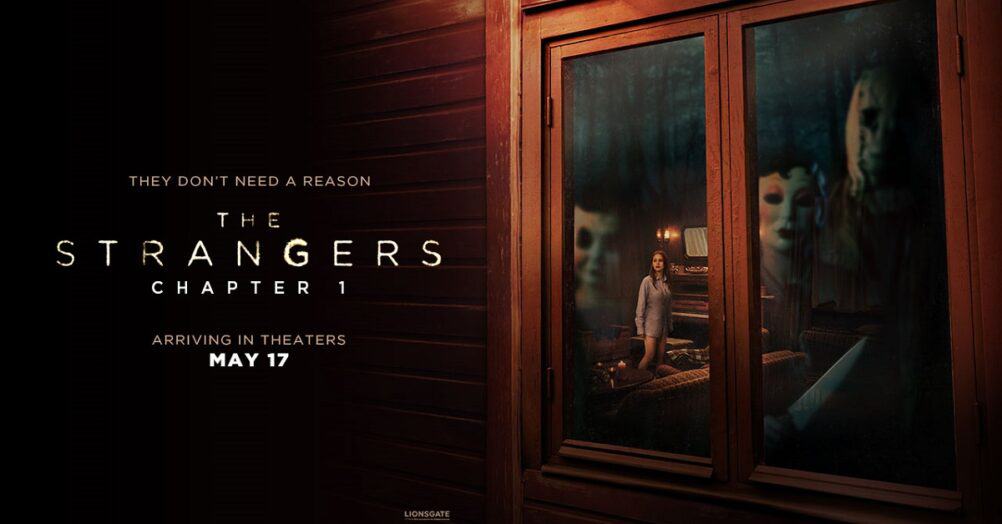
Follow the JOBLO MOVIE NETWORK
Follow us on YOUTUBE
Follow ARROW IN THE HEAD
Follow AITH on YOUTUBE